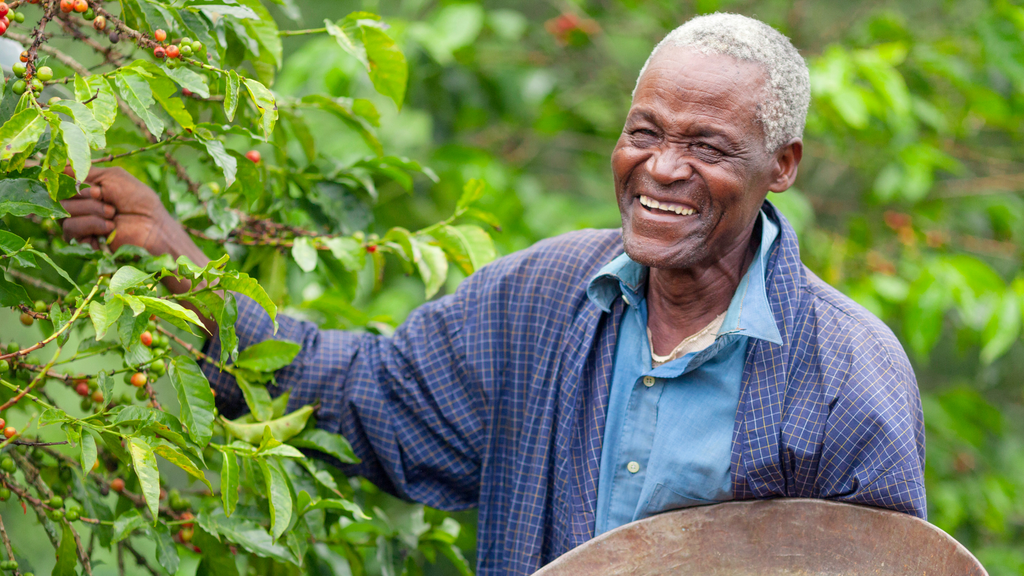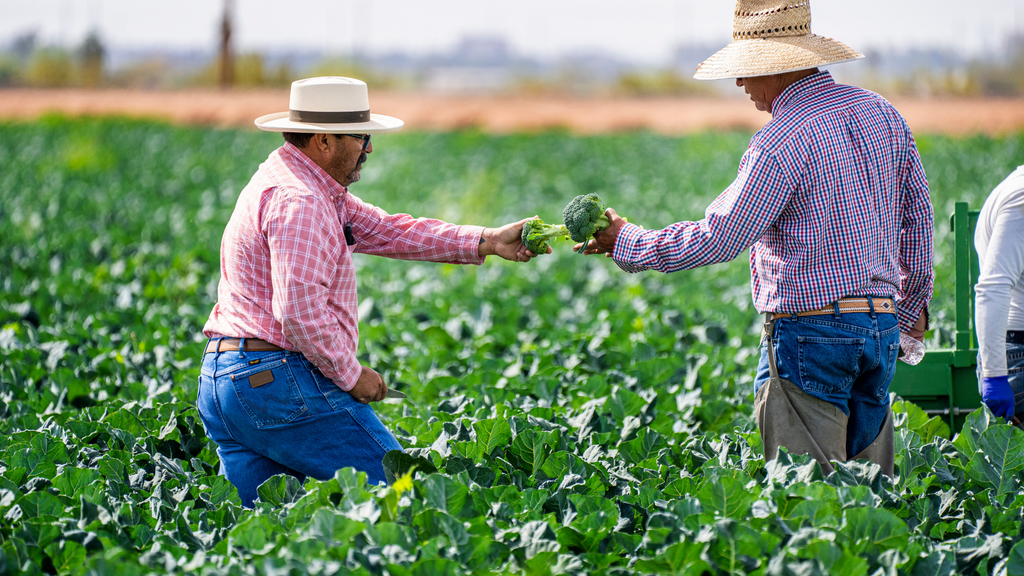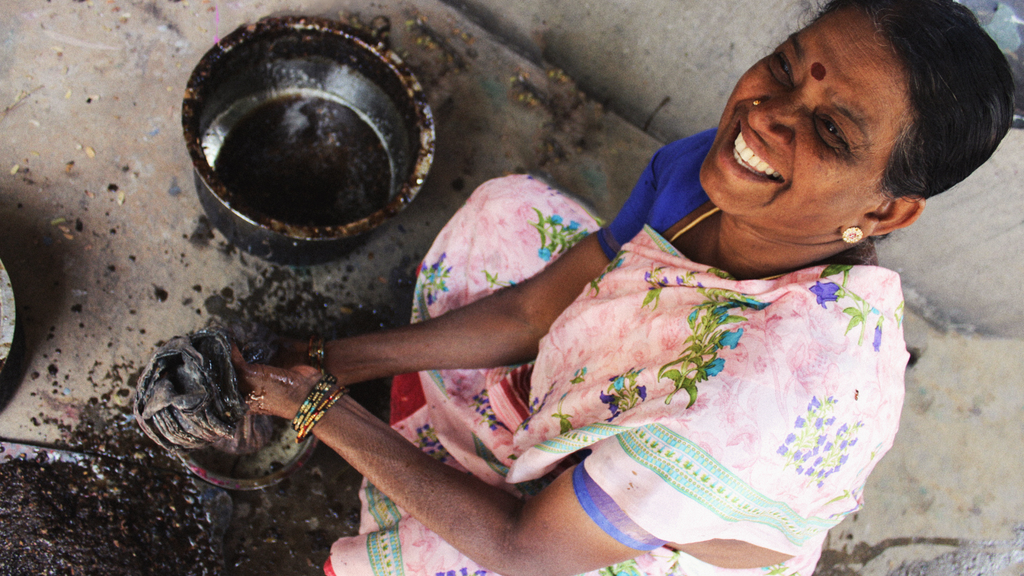Passion Lilie Crossroads: Where Sustainability and Fair Trade Practices Intersect

In honor of Fair Trade Month, the Passion Lilie team wanted to talk about two of our favorite topics – sustainability and Fair Trade practices – and how they overlap. These two movements have been steadily gaining momentum, creating more ethical and eco-friendly options for consumers around the world. In general, most people equate sustainability with environmental stewardship and Fair Trade practices with prioritizing people. While the two are not synonymous, there’s often a natural crossover (as with Passion Lilie products, for example). In this blog post, we’ll explore the overlap between sustainability and Fair Trade practices and how they are creating a brighter, more equitable future for all.

United by Values and Principles:
Sustainability and fair trade practices share a common goal of making the world a better place, and there are three major ways they do so together:
1. Environmental Stewardship: Sustainable products are known for their eco-friendly production. They’re usually made from organic materials grown without pesticides and toxic chemicals. Sustainability is a lifestyle choice that aims to care for earth’s resources and preserve them for future generations.Similarly, Fair Trade business practices generate social benefits by ensuring work environments are healthy and safe. This means farming is usually organic, free of toxins and harmful chemicals, promotes biodiversity, and minimizes negative impacts on ecosystems.
Fair Trade organizations recognize that people and the planet are inextricably linked, and therefore caring for workers means caring for the environments in which they toil. Many Fair Trade certifications include requirements like reducing harm to the environment through management of waste, water, and hazardous materials. Fair Trade organizations aim to empower workers by providing resources for safeguarding the environment. With more information, funding, and support, Fair Trade workers are equipped to protect the environment for their community and future generations.
Sustainability and Fair Trade practices meet again over a goal to reduce carbon emissions. With Fair Trade focusing on small, local economies, supply chains are shorter, thus reducing the overall carbon footprint of a product. Decelerating climate change by reducing carbon emissions is a key component of the sustainability movement, and many Fair Trade businesses are striving for the same goal.

2. Social Justice: The World Fair Trade Organization defines fair trade as “a trading partnership based on dialogue, transparency and respect that seeks greater equity in international trade. It contributes to sustainable development by offering better trading conditions to, and securing the rights of, marginalized producers and workers.” By ensuring workers are paid fairly to labor in safe environments, the Fair Trade movement contributes to the overall sustainability of a supply chain.
A sustainable supply chain is one that values its workers and the communities impacted by the production process. It supports the community through education, healthcare, and social programs. Fair Trade practices often elevate marginalized groups like women and indigenous people, providing them with tools and training to achieve better jobs. Including marginalized people in the workforce enables the continuity of ancient traditions and crafts, increases a society’s economic value, and leads to more resilient communities. Sustainability and Fair Trade practices strengthen local communities and contribute to social equity and inclusion.
Fair Trade practices create sustainable communities by upholding the rights of workers, including safe working conditions and fair pay. The movement often provides funds for projects that uplift the community like schools, healthcare facilities, and infrastructure development. These initiatives help communities plan for the future and withstand economic challenges.

3. Transparency & Accountability: Accountability is a key component of both sustainability and Fair Trade practices because of the high standards set by both movements. Sustainable and fair trade businesses often disclose their sourcing and production practices, allowing consumers to make informed choices and hold companies to high ethical standards.
Both movements prioritize educating consumers about the importance of ethical consumption and how to make the best choices when shopping. Informed consumers know to shop brands whose products are traceable from the beginning of the supply chain to the end.
Fair Trade practices also serve as a tool for raising awareness about global issues such as poverty, inequality, and environmental degradation. Educated consumers are more likely to make sustainable choices, extending the reach of Fair Trade principles.

Passion Lilie clothing is a perfect example of how sustainability and Fair Trade practices overlap. As a member of the Fair Trade Federation, we prioritize the well-being of the artisans who make our clothing. We work with five different partner groups in India that align with our ethics and sustainability goals. Our partners nurture a positive and supportive environment, so each artisan feels valued and respected.
We exclusively use natural materials like organic cotton, because sustainably sourced materials protect the farmers who grow them as well as the local wildlife and ecosystems that are directly connected to the crops. Our fabrics are designed using hand block printing or ikat weaving, which does not require electricity or produce pollution. The lack of automation presents weavers with more opportunities to reduce waste and engage in sustainable practices. The artisans use organic, azo-free, or natural dyes which protects them from harmful chemicals and keeps local waterways free of toxins.
Sustainability and Fair Trade practices go hand in hand by addressing economic, social, and environmental aspects of sustainability. They promote fair wages, social equity, responsible production methods, and environmental stewardship, ultimately contributing to a more sustainable and equitable world for producers, consumers, and the planet as a whole.
Sources:
https://www.unep.org/regions/north-america/regional-initiatives/promoting-sustainable-lifestyles


Leave a comment